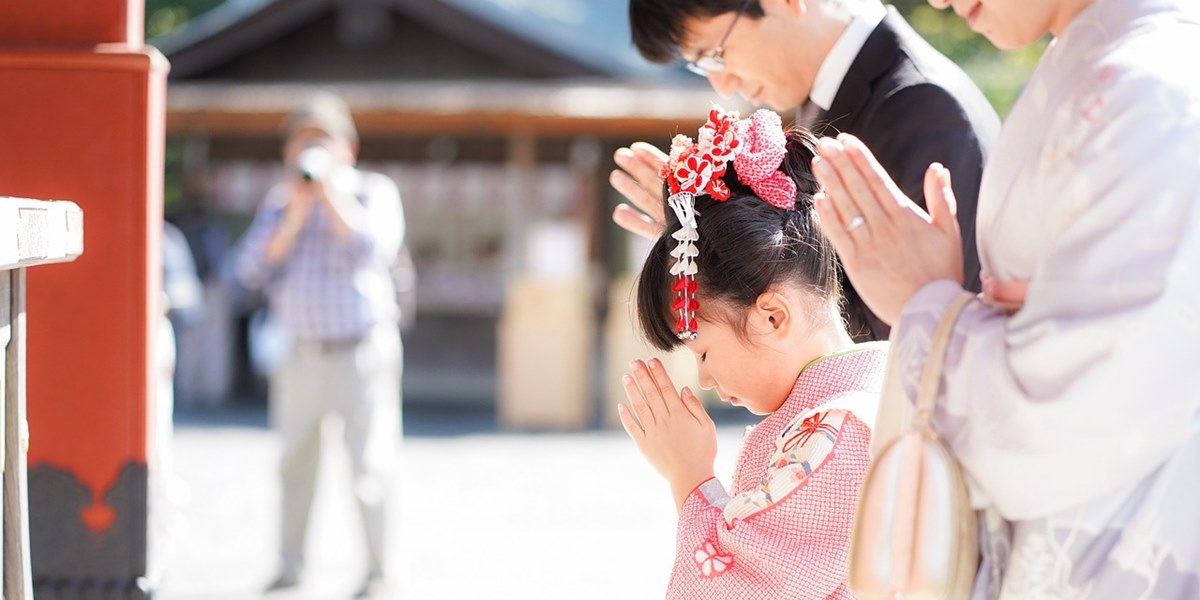Kapanlagi.com - In Japanese culture, kindness is one of the values that is highly appreciated in society. The expression to refer to someone who is kind in Japanese is "shinsetsu", which means "kind", "friendly", or "caring towards others".
Besides shinsetsu, there are various other expressions that also describe a person's kindness with different nuances. Understanding how to express kindness through language can deepen our understanding of Japanese culture.
In this article, Kapanlagi will discuss the expressions of kindness in Japanese, complete with example sentences and other terms that have similar meanings in Japanese. Thus, it is suitable for KLovers who are learning the Japanese language.
For those who are curious, here is kindness in Japanese complete with example sentences and other similar terms. Let's check it out, KLovers!
1. Expressions of Kindness in Japanese

Illustration (credit: pixabay.com)
In Japanese, the concept of the word kindness is generally expressed with the word "shinsetsu". The word shinsetsu is a term that carries a deep meaning and rich nuances in Japanese culture. This word consists of two kanji characters, "shin" which means "close" or "intimate", and "setsu" which means "urgent".
When combined, these two characters form a broader meaning than just "kindness" in the sense of the Indonesian language. The word shinsetsu encompasses the concept of sincere kindness, full of compassion, and a desire to help others without expecting anything in return. In the social context of Japan, this kindness is often associated with actions.
This goes beyond one's formal obligations, demonstrating deep care and consideration for the feelings and needs of others. This concept is highly valued in Japanese society and is regarded as one of the important moral values, reflecting social harmony and a strong sense of togetherness in Japanese culture.
2. Examples of Kind-hearted Sentences in Japanese

Illustration (credit: pixabay.com)
In addition to knowing kind-hearted in Japanese, KLovers also need to know examples of sentences. This is to make it easier for you to understand kind-heartedness in Japanese. Here are some example sentences:
1. "Kare wa totemo shinsetsu na hito desu."
Meaning: He (male) is a very kind-hearted person.
2. "Shinsetsu ni shite itadaki, arigatou gozaimasu."
Meaning: Thank you for your kindness.
3. "Michi ni mayotta toki, shinsetsu na hito ga tasukete kuremashita."
Meaning: When I got lost, a kind-hearted person helped me.
4. "Motto shinsetsu ni naru you kokorogakete imasu."
I am trying to be more kind-hearted.
5. "Kanojo no shinsetsu na koudou ni kandou shimashita."
Meaning: I was touched by her kind actions.
6. "Shinsetsu ni okyaku-sama wo omotenashi suru koto ga taisetsu desu."
Meaning: It is important to serve customers with kindness.
7. "Shinsetsu na kotoba de aite wo hagemashite agemashou."
Meaning: Let’s encourage others with kind words.
3. Other Terms with Similar Meanings

Illustration (credit: pixabay.com)
It turns out that besides shinsetsu, there are other expressions of kindness in Japanese. These words can help KLovers understand many terms, and they also provide variation in speaking Japanese. Here are other words with similar meanings:
1. Yasashii
This word is often translated as "gentle", "friendly", or "kind-hearted". It describes a gentle and caring kindness.
2. Omoiyari
This refers to empathy, consideration, and care for the feelings of others. This concept is highly valued in Japanese culture.
3. Zenryou
Means "good" or "noble". This is more formal and often used to describe a person's moral character.
4. Onkou
Describes a warm, friendly, and kind-hearted nature. Often used to describe someone's personality.
5. Kokoro yasashii
Literally means "soft heart", describing someone who has a good and compassionate heart.
6. Jihibukai
Means "full of compassion" or "merciful". It has a deeper connotation and is often used in religious or philosophical contexts.
7. Kandai
Means "generous" or "forgiving". This describes kindness in the form of generosity or the ability to forgive.
That is kindness in Japanese that KLovers can know. By understanding various expressions of kindness in Japanese, we can better appreciate the positive values in their culture.
(kpl/dhm)
Disclaimer: This translation from Bahasa Indonesia to English has been generated by Artificial Intelligence.















